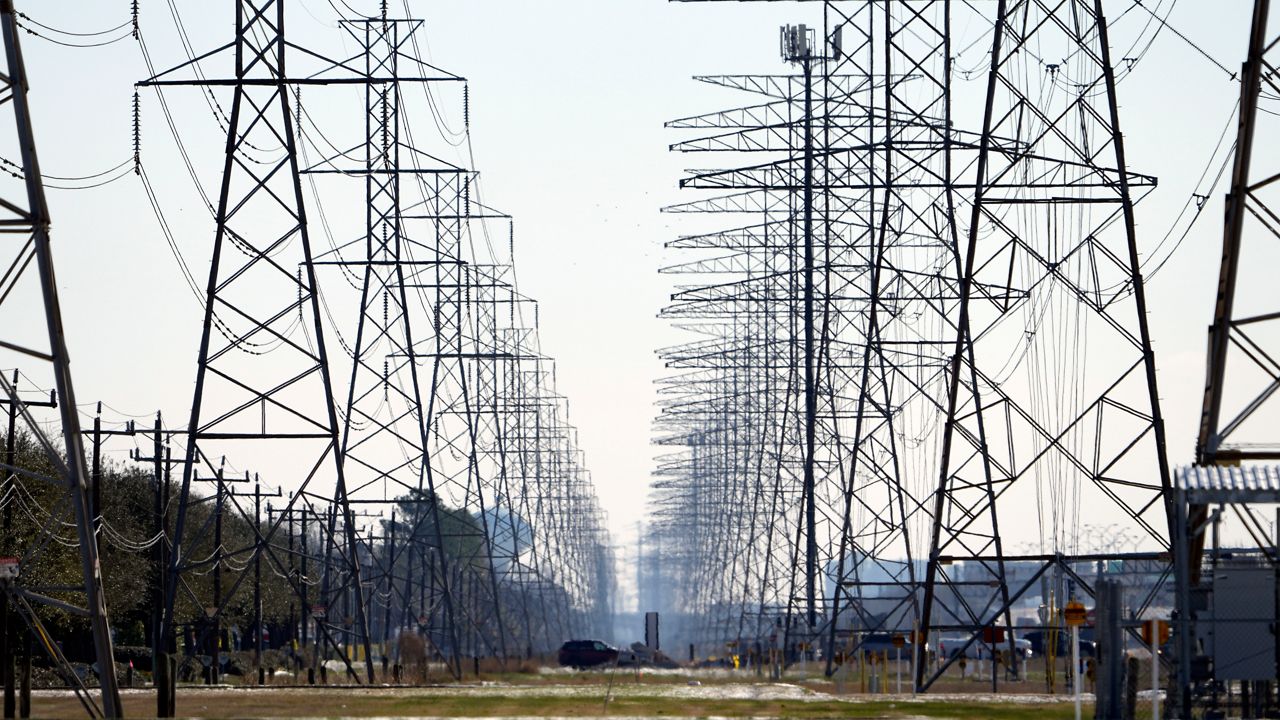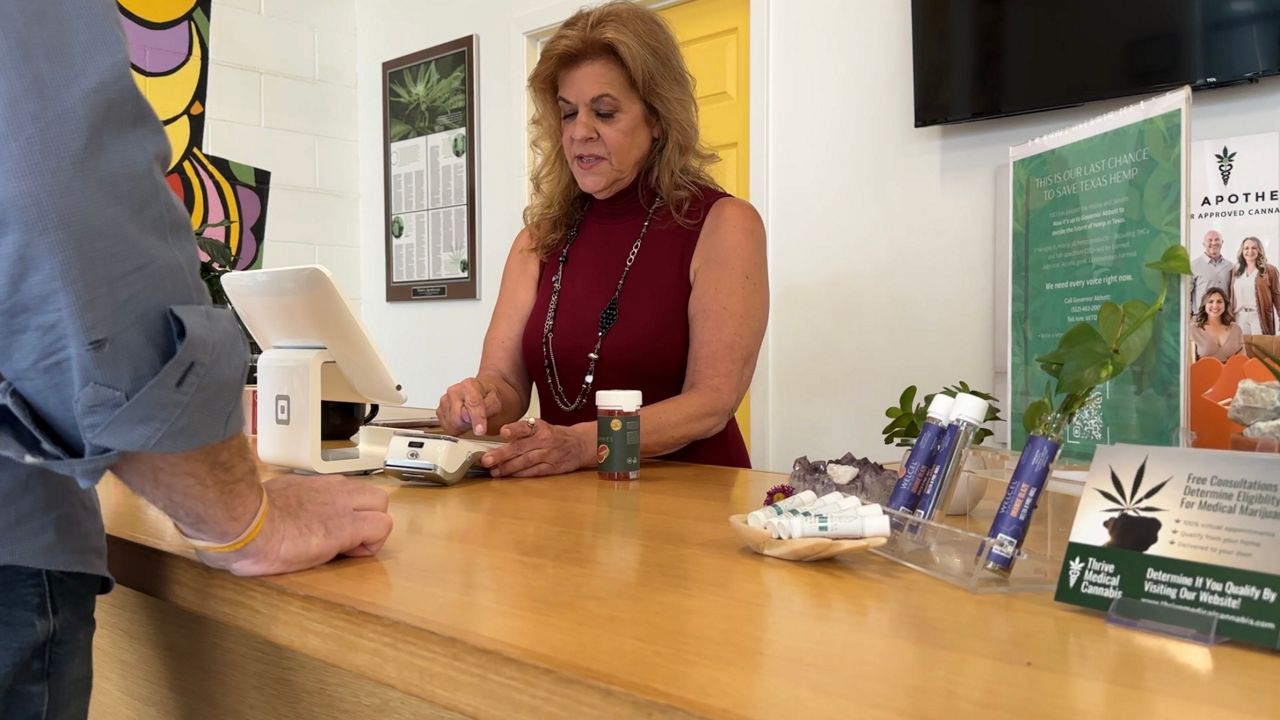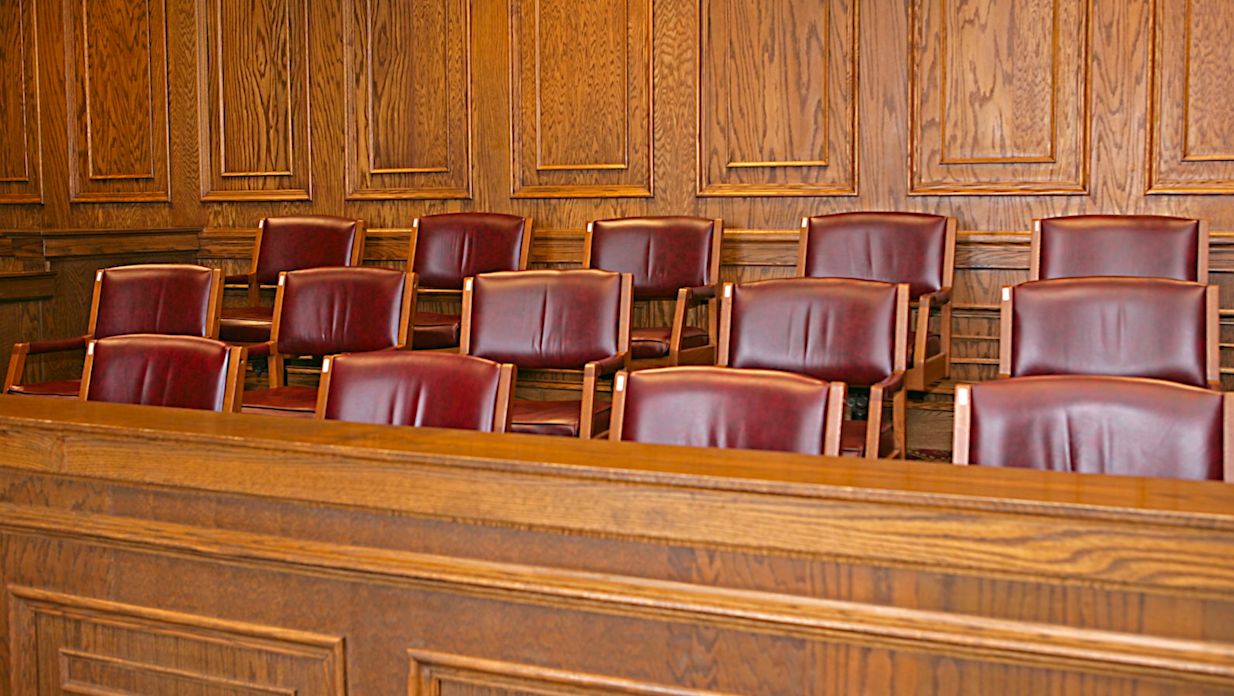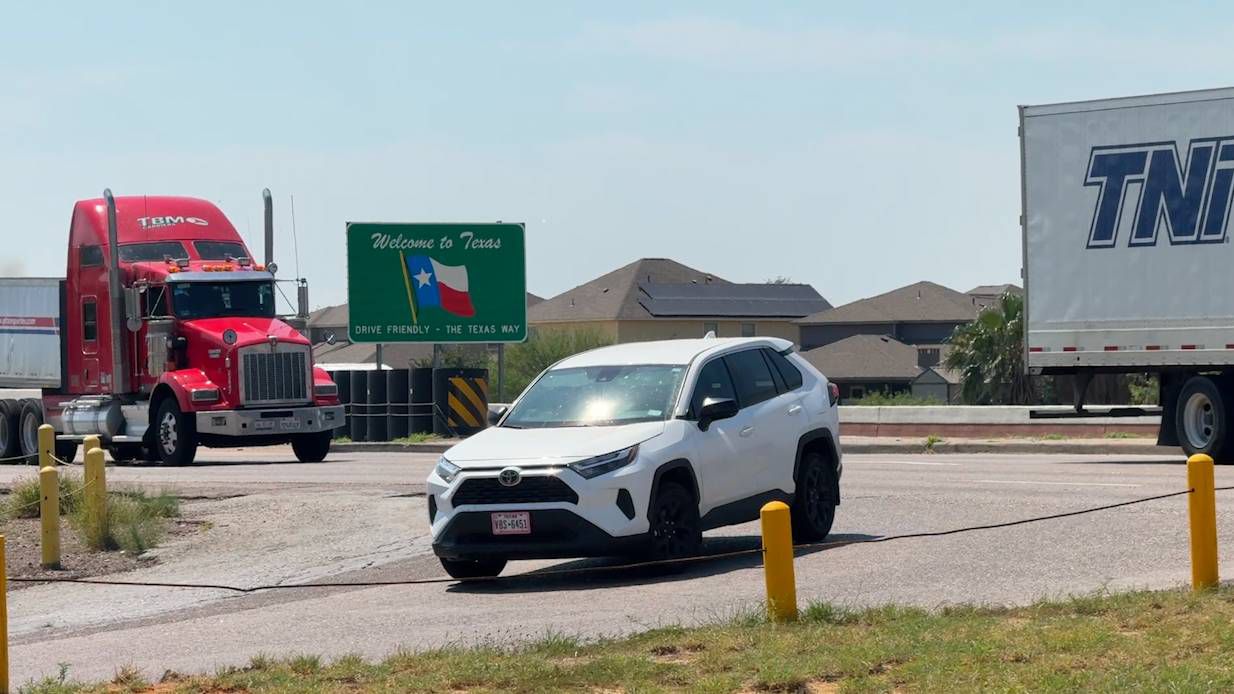AUSTIN, Texas — Gov. Greg Abbott on Tuesday signed two Senate bills designed to reform the Electric Reliability Council of Texas and improve the reliability of the state’s power grid.
While Abbott has been adamant that the laws are sufficient to prevent the power outages that affected millions of Texas in February and caused the deaths of at least 150 people, critics say they don’t go far enough.
The new laws require power generation, gas and transmission facilities to be weatherized sufficiently to handle extreme weather. The Texas Railroad Commission and ERCOT are required to inspect them. Failure to weatherize will trigger a fine of up to $1 million, a news release from the governor’s office states.
PREVIOUS: Lawmakers give final approval to bills addressing power grid failures
The law now requires what is described as a “Power Outage Alert.” Texans are supposed to receive an alert when the state’s power supply may be insufficient to meet demand. During the February winter storm, many Texans had no clue their power would be out for an extended period.
The new laws additionally call on the Texas Energy Reliability Council to improve coordination between state agencies and industry during weather emergences and mandate that all ERCOT board members actually live in Texas. That was not the case back in February.
"During the winter storm, too many Texans were left without heat or power for days on end, and I immediately made reforming ERCOT and weatherizing the power system emergency items," Abbott said in the press release. "We promised not to leave session until we fixed these problems, and I am proud to say that we kept that promise. These laws will improve the reliability of the electric grid and help ensure these problems never happen again.”
While the bills had bipartisan support, energy experts say they don’t go far enough to prevent a future power crisis.
“This bill really doesn't do anything except apply a few obvious Band-Aids to the situation," Ed Hirs, energy fellow at the University of Houston, told Capital Tonight recently. "It's all a way that the legislators can kind of say, 'yeah, we addressed it. We papered it.'”
Among the criticisms are Texas leaving enforcement and key decisions over which parts of the state’s oil and gas industry must now weatherize — and which don’t — to regulators who have long been accused of being too lax with operators. And last week, five former Texas regulators issued a report that said safeguarding the grid requires going beyond the bills signed by Abbott, including acknowledging the realities of climate change — a topic GOP lawmakers didn’t dwell on.
The reforms also provide no direct financial relief to consumers. One proposal that called for giving residents a one-time credit of $350 did not make it into the final bill.
The Associated Press contributed to this report.
Craig Huber - Digital Media Senior Producer
Craig Huber is a digital producer for Spectrum News. He is a graduate of Central Michigan University and has worked in the news industry for 25 years.









